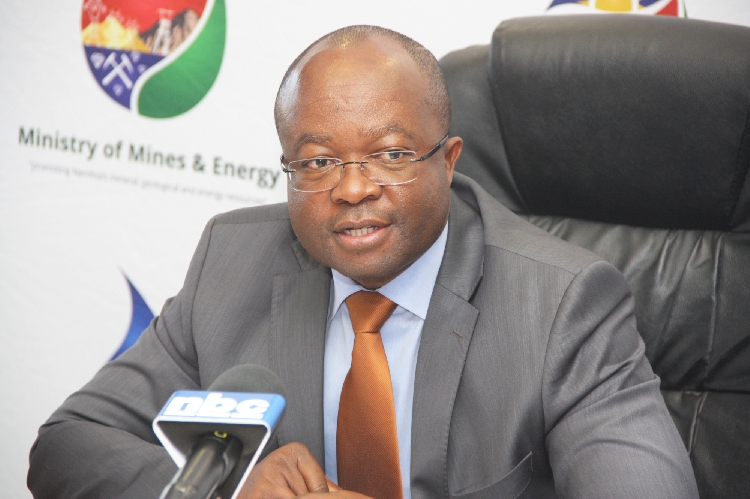Martin Endjala
The director general of the National Planning Commission (NPC) said the country is experiencing hardship as a result of the failure to stage a national census in 2021.
The census could not take place as it was not provided for in the national budget of 2022/2023 due to financial constraints.
This was said by the NPC director general, Obeth Kandjoze, during the mid-term budget review discussion on Monday with civil society organisations in Windhoek.
“The missed targets, particularly the 2021 Census that did not take place due to a lack of funds, and the two-year extension due to Covid-19, are some of the attributing factors why we are feeling the hardship across all levels,” he said.
The discussions aim to empower Namibians to influence the budget outcome by addressing various challenges across sectors.
Planning requires good research, and the inability to conduct surveys makes planning difficult, according to Kandjoze.
He is of the view that the absence of such surveys has led to the government spending more or too little in certain sectors.
He said the recently concluded population census and other surveys in general, which give an idea of social and economic indicators, cost the government about N$1 billion.
“As a consequence, the silver towns in major towns, unemployment, and food security, amongst others, are a result of the missed targets. Lessons have been learned and the government has reviewed National Development Policy 4-5. NDP6 is expected to be nearing finalisation in September 2024. There is a need to plan for the crisis,” he said.
He called on development organisations to join forces with the government to conduct some of the small surveys.
“Data quality is of paramount importance to influence government decision-making,” he said.
The finance and public enterprise minister, Iipumbu Shiimi said to address challenges, it is moving away from allocating money to sectors during the mid-term budget.
He said the focus will now be shifted from making the mid-term budget agenda to influencing the outcomes of the budget next year and in the years ahead.
Shiimi observed that the social sectors of education, health, and welfare continue to dominate a significant portion of the national budget.
Shiimi said the notion that education is receiving a large budget allocation while not performing is being misconstrued.
“The current budget allocation is from discussions held last year based on challenges raised. As you may have noticed as per the reports, learners were being taught under trees and an unconducive environment. So we wanted to address this,” he said.
The minister said that the increase in the N$200 social grant and health infrastructure were also some of the issues addressed in the budget.
He said the backlog of housing has also received attention, with about N$700 million allocated to address informal settlement sectors.
Shiimi also disclosed that the upcoming budget will allocate approximately N$2.2 billion to address the country’s water shortages.
“Namibians must ensure they take part in the discussions normally between June and July months, which is the best time to have budget input from the public. Because by September, the mid-term budget is often already being finalised for tabling in October,” he stated.
The Institute for Public Policy Research (IPPR) director general, Graham Hopwood, said discussions of this nature need to be happening more often to address issues affecting the community.
“Research is important as it allows us to collect data, which helps with planning for future crises and the allocation of funds,” he said.
Civic Society Organisations (CSO) said the government needs to start allocating money to the CSO trust to enable them to assist the government in addressing some social issues, such as income basic grants.
The CSO also raised concerns about the lack of funding for gender-based violence shelter homes and the need for urgent funding.




